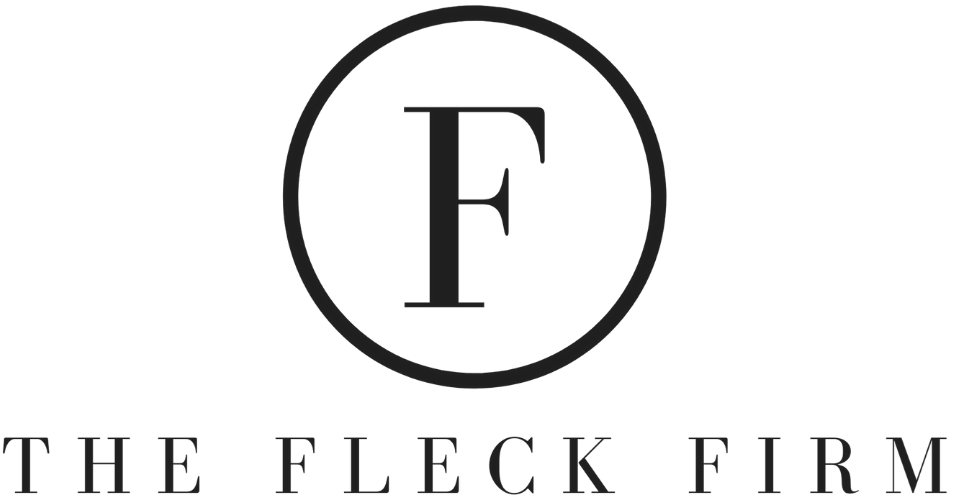Elizabethtown Wrongful Death Attorney
You can file a personal injury case if someone harms you intentionally or due to their negligence. Depending on the facts, you may be able to obtain compensation for your injuries from the person or their insurance carrier. Wrongful death cases cover this situation when the injuries are fatal. They can be filed whether the person passed away immediately or survived for a time but ultimately died of the injuries.
What Does State Statute Say?
Kentucky law spells out how this would work. If a death is from an injury caused by another party’s negligence or wrongful act, damages may be recovered from the person causing it or whose agent or employee caused it. The legal action would be prosecuted by the deceased’s estate’s personal representative. If the incident involved a willful act or gross negligence, punitive damages might be recovered.
Who is the Personal Representative?
This person is appointed by a court to be responsible for your estate. After you pass away, your assets and liabilities go to your estate, an entity created by state law. You can nominate this person through a will. If you don’t have a will, a friend or family member usually asks the court for the job. Whether you have a will or not, the court ultimately decides.
Your personal representative decides whether or not to pursue a case. If there is one, the estate, through the personal representative, is the client and makes essential decisions. Working with the attorney, they would decide the case’s goals and priorities, whether to settle (and if so, for how much) or take the case to trial.
What are Punitive Damages?
Civil lawsuit damages compensate the plaintiff for their losses. Punitive damages punish dangerous behavior and discourage the defendant and others from taking the same decisions and actions. They can apply in negligence cases (there’s extreme indifference to the consequences to another person) or if the party acted intentionally.
The estate would need to prove by clear and convincing evidence the defendant acted toward the deceased with “oppression, fraud or malice.” The clear and convincing standard of proof is much higher than in negligence cases where these damages aren’t sought (it’s more likely than not that the defendant was negligent). The following terms are defined under state law:
- Oppression: The defendant’s actions show they intended to subject the deceased to “cruel and unjust hardship.” Evidence would need to show the defendant intentionally caused harm
- Fraud: There was an intentional “misrepresentation, deceit, or concealment” of material facts known by the defendant, stated with the intent to injure the deceased
- Malice: Conduct shows the defendant intended to cause an injury, or its actions were made with “flagrant indifference” to the deceased’s rights, knowing it would cause death or physical harm
Depending on the circumstances, punitive damages can be substantial.
Who Benefits From a Wrongful Death Case?
The amount recovered by the wrongful death claim, minus funeral expenses, the costs of administration and recovery, including attorney fees, would benefit the deceased’s family members in this order:
- If the deceased was married, the recovery goes to the surviving spouse
- If the deceased was married and had children, half would go to the surviving spouse. Half would go to the surviving children
- If there’s no surviving spouse, the entire amount will go to surviving children (if any)
- If there’s no surviving spouse or child, the recovery will go to surviving parents
- The amount becomes part of the estate if there’s no surviving spouse, child, or parent. After the deceased’s debts and administrative costs are paid, the recovery goes to the surviving next of kin according to the state’s probate laws
A personal representative involved with a wrongful death case would be wise to retain an attorney not only to pursue the legal claims but to make sure the proceeds go to the right people. If the personal representative mishandles paying the next of kin, they may sue the personal representative.
What Damages Might Be Awarded in a Wrongful Death Case?
They’re the same damages as if the person survived and filed a personal injury claim, according to state law. That includes the person’s pain, suffering, anguish, lost income and job benefits, and out-of-pocket costs due to the incident. If the deceased is a minor child, the lawsuit can also seek compensation for loss of affection and companionship for surviving parents.
Free Consultation
Contact us today for a free consultation to see how we can put our years of experience to work for you.
When Must a Wrongful Death Lawsuit Be Filed?
There’s a one-year deadline from the date of the person’s death to file a case. If the deceased survived the accident, getting a lawyer on board could help pursue a personal injury case. If the person dies of their injuries, that attorney can pursue a wrongful death action.
A personal representative shouldn’t wait until there’s concrete evidence of fault to contact our office. Evidence may come up in a police investigation, but much more may be discovered by our office when we look into what happened.
Like most legal claims, getting an attorney involved early is much better than scrambling to find one as deadlines approach. A personal representative who doesn’t actively pursue a potential wrongful death case and loses the ability to file one may be sued by surviving family members for not fully protecting the estate’s interests.
Contact Us Today
The Fleck Firm is here to help you, whether you’re a surviving family member or a personal representative of an estate. If a family member, or the deceased of an estate you represent, was fatally injured by an intentional act or in a car accident, a slip and fall, a boating accident, or some other type of accident, contact The Fleck Firm today. Remember, Insurance companies have lawyers. You should have one too.



